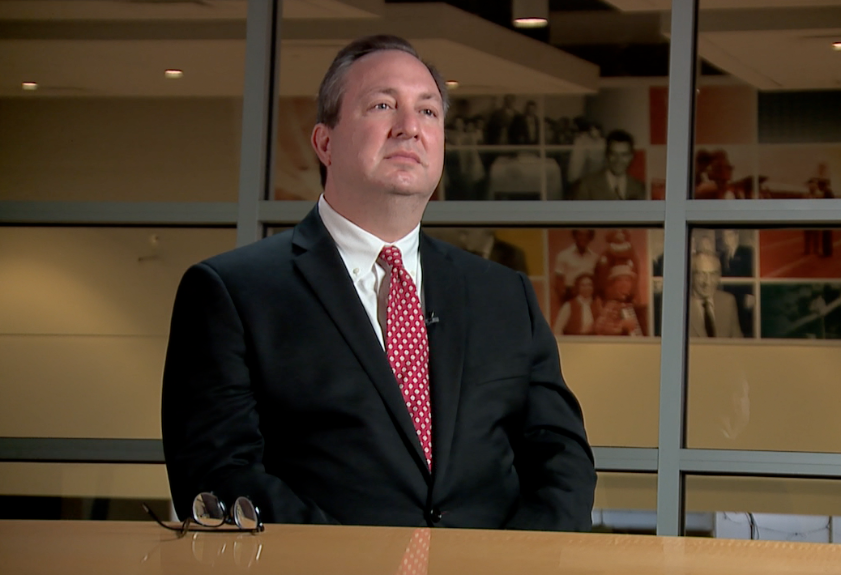In the recent Connecticut Supreme Court decision, the court discussed immunity in quasi-judicial proceedings related to Title IX. The case in question centered around two Yale University students and University proceedings between the two following accusations of sexual assault. After the allegations, Yale suspended Khan, the accused, until he was acquitted of all charges. After re-entry to Yale, he was expelled due to declining additional meetings with administrators following a magazine article protesting Khan’s re-admittance to Yale. The magazine article and the expulsion concluded with a hearing in which the accuser, Doe, was questioned. At this point, Doe had since graduated, and the questioning took place without “procedural safeguards.”
Alleged victims of sexual assault retain immunity against defamation and related suits for statements made in both judicial and quasi-judicial proceedings. The immunity prohibits the accused from suing the victim for defamation. Immunity intends to encourage those who have been assaulted to report the assault. However, circumstances such as the above case present questions about what is considered quasi-judicial.

The Court’s decision appears heavily influenced by the lack of safeguards, such as Doe’s testimony, which Doe did not give under oath. The Court said that the school “proceeding lacked the basic procedural safeguards that this court and other courts have deemed necessary to ensure the reliability of the information presented.” Of particular concern to the court was that Yale’s procedures “The committee’s procedures, “which vested the hearing panel with discretion to ask the questions submitted by the plaintiff, did not afford the plaintiff or his counsel a meaningful opportunity to cross-examine or otherwise to confront [the accuser] in real time.”
Additionally, because Doe had graduated, there was virtually no consequence if her statements proved untrue. The Court stated that the circumstances in which the statements were given (including the separation of Khan and his attorney prevented them from confronting or questioning Doe) make her account unreliable.
Professor Johnson has a recommended thread that discusses the opinion, including an important Third Circuit case argued by Engel & Martin, Doe v. University of the Sciences.:
CT Supreme Court continues its parade through important TIX decisions (CA3 USciences opinion in case argued by @joshuaadamengel): absolute quasi-judicial immunity requires fairness associated w/ability to call witnesses. Yale didn't have that. pic.twitter.com/R4YOvVtAqW
— KC Johnson (@kcjohnson9) June 23, 2023
To answer the question of whether or not the Yale University proceeding was quasi-judicial, the Court evaluated the definition of quasi-judicial. The Court determined that because the hearing lacked any procedural safeguards. They stated, “Yes, a qualified privilege is available to alleged victims of sexual assault who report their abuse to proper authorities at institutions of higher education, but, at this stage of the proceedings, the allegations of malice in Khan’s complaint are sufficient to defeat Doe’s entitlement to qualified immunity as a matter of law” (Connecticut Supreme Court 34). Therefore, Khan was permitted to sue Doe for the statements made if they proved false and for the consequences they left on his college career.
